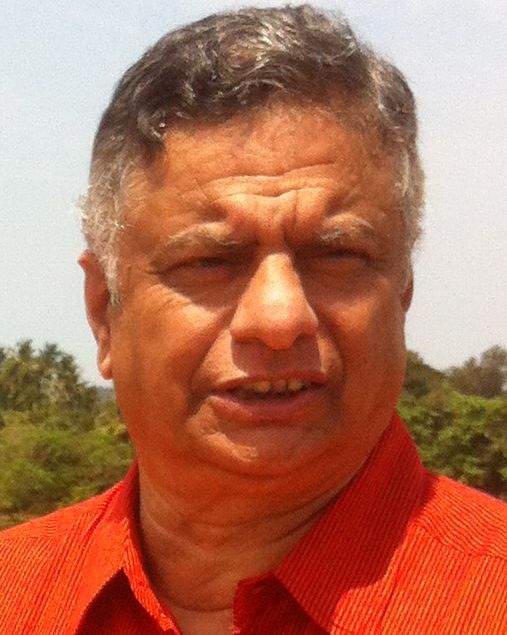
TCA Srinivasa Raghavan grew up in Madhya Pradesh and Delhi. He has a Master's degree in Economics from the Delhi School of Economics and a BA degree from Hindu College, Delhi. He worked for Macmillan as the Economics Editor before switching over to journalism in 1980. He has been the Opinion Editor of various newspapers, worked on the RBI's history project, and written two books on the government and the economy in India. His novel centred around publishing is due out soon.
I arrived in Delhi at the age of seven in 1958 when my father was posted there. I went to Sardar Patel Vidyalaya for six years. There were many children there whose parents had come from Punjab, both West and East. They had many prejudices, of which the three major ones were that all Madrasssis were black, that they all ate only rice and that they were darpoks (cowards). I didn’t fit this description, and was therefore a bit of a curiosity. I describe some consequences below.
Until the 1950s, Delhi was largely a Hindi-speaking town. But, in 1947 came the refugees from West Punjab (now Pakistan), and my memories of Delhi in the late 1950s and throughout the 1960s are of a predominantly Punjabi town.
What stands out particularly is the amazingly insensitive term of reproach or derision -yateem (orphan) - referring to a Partition orphan. A badly dressed or poorly-off person would be described as such.
And then there was the pronunciation. So, Connaught Place was Knaatplace\; Karol Bagh was Krol Bagh, Rajendra became Rajinder, and Ashok, Shokki - or, more usually, OySokki.